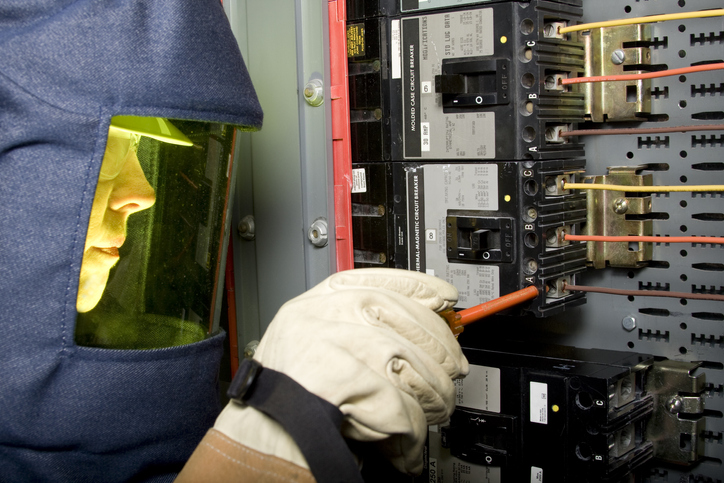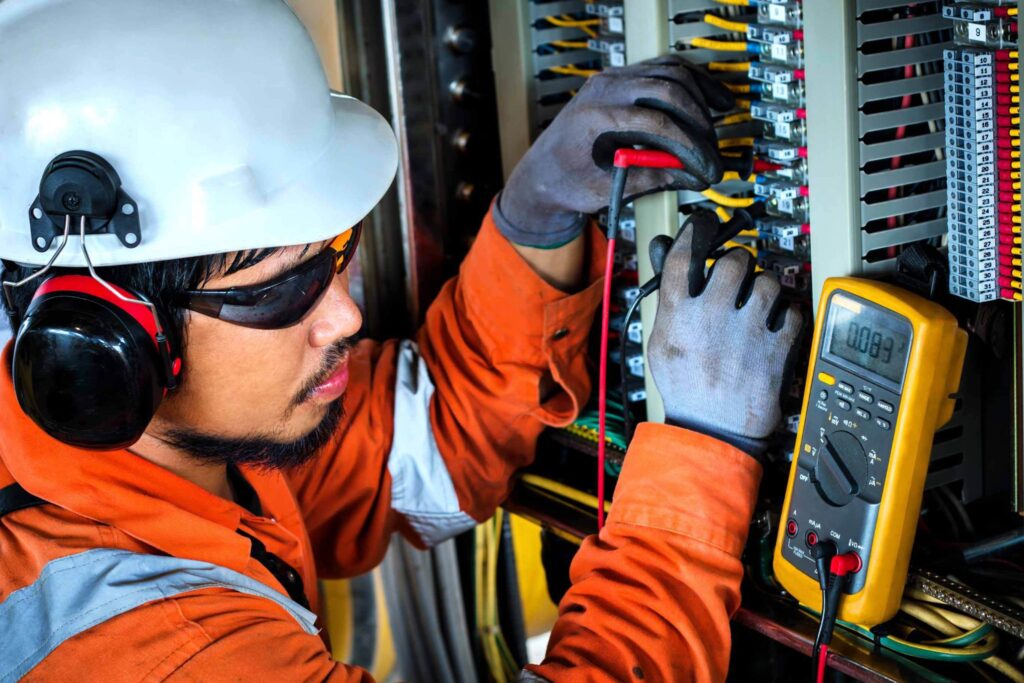Residential, Commercial, Or Industrial: Which Path Will You Take After Electrician Training?
June 22, 2023
Many people who enrol in the Construction Maintenance Electrician Diploma Program at North American Trade Schools (NATS) already have a clear idea of where they would like to work before they even register for the program. Conversely, some others prefer to go with the flow and see what piques their interest along the way.
Irrespective of which side of the spectrum you fall in, the question of which path you’ll take after electrician training is an important one since there are typically differences between residential, commercial, and industrial electricians.
Ultimately, the decision should come down to which career path best suits your interests and career goals. To help narrow your focus leading to an informed decision, we’ll explore each of these career paths in this blog.
Residential Work After Electrician Training
Residential electrical work focuses on homes, apartments, and other residential properties. On a typical day as a residential electrician after your Electrician training, you’ll be responsible for installing, repairing, and maintaining electrical systems in these settings. This often involves tasks like wiring new homes, troubleshooting electrical issues, or upgrading outdated systems. One of the advantages of working in the residential sector is the opportunity to work directly with homeowners, helping them improve their living spaces and ensuring their electrical systems are safe and efficient. Residential work also offers more regular working hours, allowing for a better work-life balance.
Commercial Work After Electrician Training
On the other hand, commercial electricians deal with electrical systems in non-residential buildings such as offices, retail stores, and public facilities. Commercial work often involves large-scale projects, such as installing electrical systems in new commercial buildings or upgrading existing systems to meet code requirements. Typically, commercial electricians execute tasks like setting up lighting systems, installing security systems, or performing routine maintenance. Commercial work can be fast-paced and diverse, providing opportunities to work on a wide range of projects and collaborate with other professionals in the construction industry.

Industrial Work After Electrician Training
Industrial electrical work takes you into the realm of factories, power plants, and other industrial settings. In this sector, you’ll work with complex electrical systems that power heavy machinery, production lines, and industrial processes. Industrial electricians often use high-voltage systems, motors, control panels, and automation technologies. This type of work requires a strong understanding of industrial equipment and safety protocols. Industrial electricians may troubleshoot electrical issues under time pressure to minimize downtime and keep production running smoothly. Working in the industrial sector can be challenging but highly rewarding, with opportunities for career advancement and specialized training.

Which Path is Right For You?
When deciding which path to take after electrician training, it’s important to consider your personal interests, skills, and long-term goals. Do you enjoy working in various settings or prefer the stability of residential work? Are you intrigued by the complexity of industrial electrical systems or drawn to the fast-paced nature of commercial projects? It’s also worth noting that you can start in one sector and transition to another later in your career. Many electricians gain experience in one area before exploring new opportunities. Regardless of your chosen path, ongoing learning and professional development are essential.
If you’re interested in obtaining a more detailed understanding of each of these paths and the processes associated with them, consider registering for the Construction and Maintenance Electrician diploma Program at NATS.
Are you ready to start training toward your career at an Electrician college?
Contact NATS to learn how you can get started!





